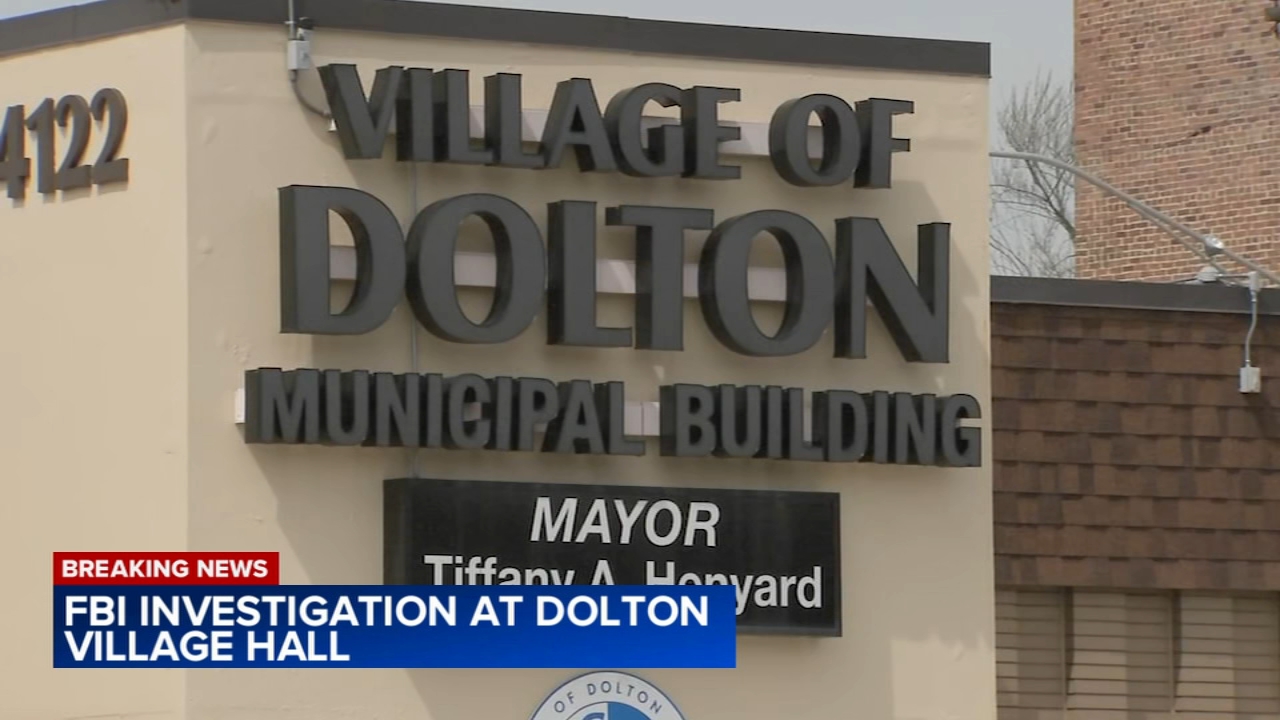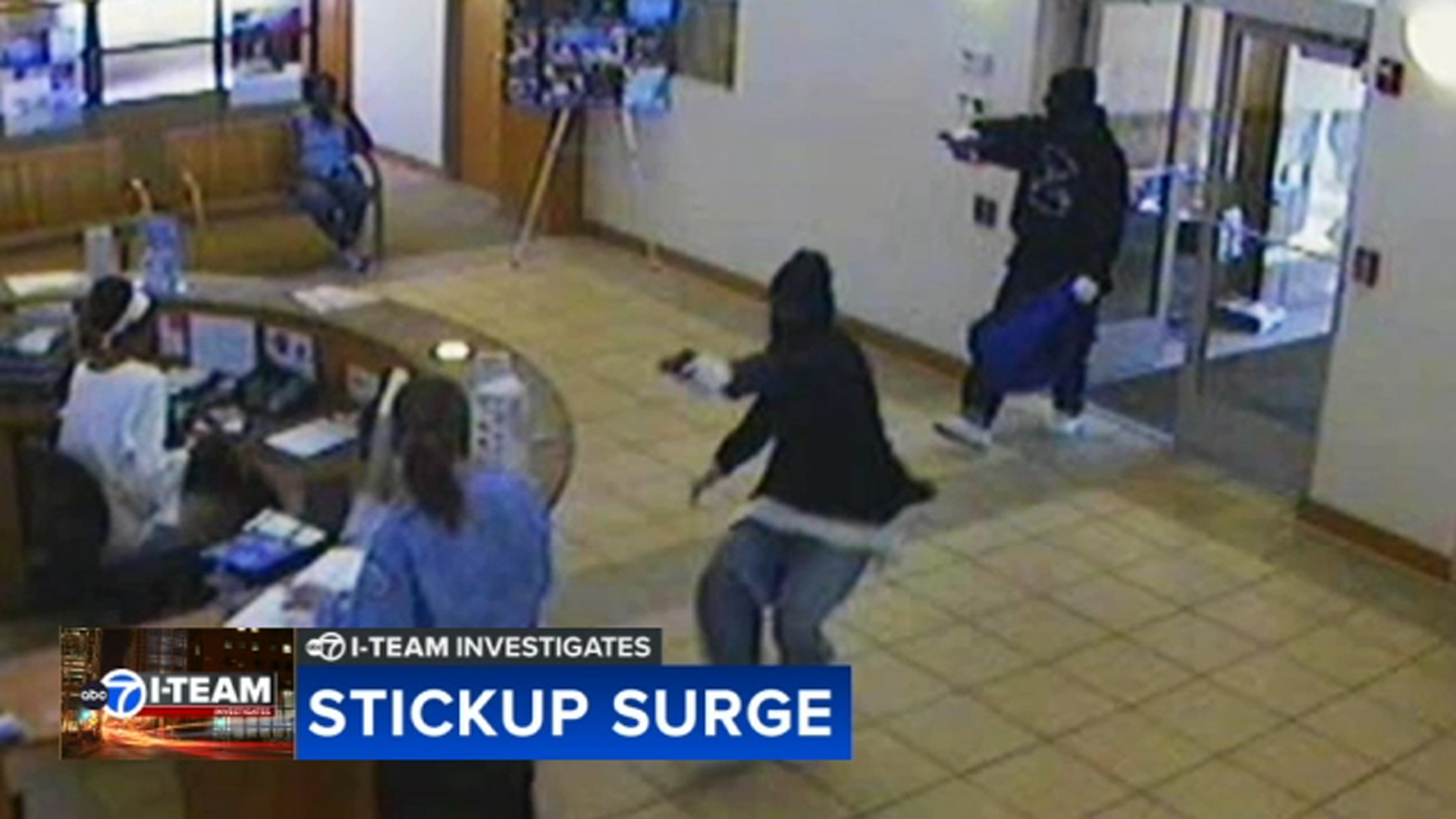Former Gov. George Ryan praises new Cuba, US diplomatic actions

CHICAGO (WLS) -- There is mixed reaction to the new shift in relations between the U.S. and Cuba, especially from Chicagoans whose families fled the island nation. But a former Illinois governor is praising the president's action.
Former Illinois Gov. George Ryan granted an exclusive television interview to ABC7 Eyewitness News about the historic deal between the U.S. and Cuba. Ryan visited the communist country twice while Illinois governor. In 1999, Ryan met face-to-face with Fidel Castro, calling for an end to the embargo.
"It's not an easy political thing to do, and I'm sure the President is going to find that out, but I want to congratulate him on his efforts here today," Ryan said.
WATCH: President Obama's full remarks on U.S.-Cuba relations
That trip 15 years ago was the first by a U.S. governor to communist Cuba. The move was partly-humanitarian. Ryan succeeded in convincing Castro to allow an ill Cuban boy to receive medical care in the U.S. But there was also talk of trade. Ryan sees now what he saw then, a new market for Illinois businesses.
"Every country in the world is doing business in Cuba but the United States, and so it's going to open some new markets for us, I think, for our grain and farm products," Ryan said.
Ryan's history-making trip would be the first of two visits as governor. His picture now hangs in Havana's Hotel Nacional. His affection is mutual for the Cuban people.
"I didn't really realize until I got there and saw how they used the United States, and they used the embargo, to pit us against the Cuban people," Ryan said.
Ryan says his past meetings with Cuban leaders led him to write a letter to Fidel Castro earlier this year urging the release of Alan Gross. He says he never heard back and is glad that Gross is now free.
Ninety miles separates Cuba from the United States, but it may as well be a world away for those whose families fled when they were just children. Elmwood Park restaurant owner Javier Fernandez was just 5 years old his parents brought him to America.
"You had no freedom, no choices," says Fernandez. "It's not the way they wanted to live."
Despite the easing of tensions, he's not ready to return.
"You cannot trust the Castro brothers," he says.
For Maria del Valle Fatum of Wilmette, the moment is more personal. She left her native Cuba at age 7. The country spiraled into revolution and she was unable to return until last year, after travel restrictions were eased by the Obama White House.
"Cuba has been isolated. It's in a bubble. And now, hopefully with travel restrictions eased... maybe this can bring on further steps, more humanitarian help," Del Valle Fatum said.
On Friday, Chicago realtor Mark Weiss and his son will leave for a previously planned cultural tour of Havana.
"Maybe it's my magical thinking," says Weiss, "but I think when we arrive on Friday, we'll be embraced as Americans coming to basically normalize relations."
Fernandez is waiting for one more change before contemplating a return to Cuba.
"If the Castro brothers were not in power in Cuba, I would visit in the blink of an eye," he says. "It's my country, it's my birthplace, it's part of who you are."
There are a host of other changes that come with President Obama's new policy toward Cuba. Americans with relatives in the island will be able to quadruple the amount of money they send to family there, now as much as $2,000 each quarter. It will also be easier to get a visa for people who want to visit relatives or do business in Cuba, but for now general tourism is still not allowed.
There will also be an easing on banking restrictions, meaning Americans will be allowed to use U.S. credit and debit cards.








